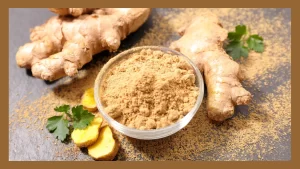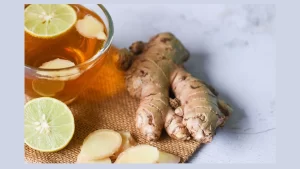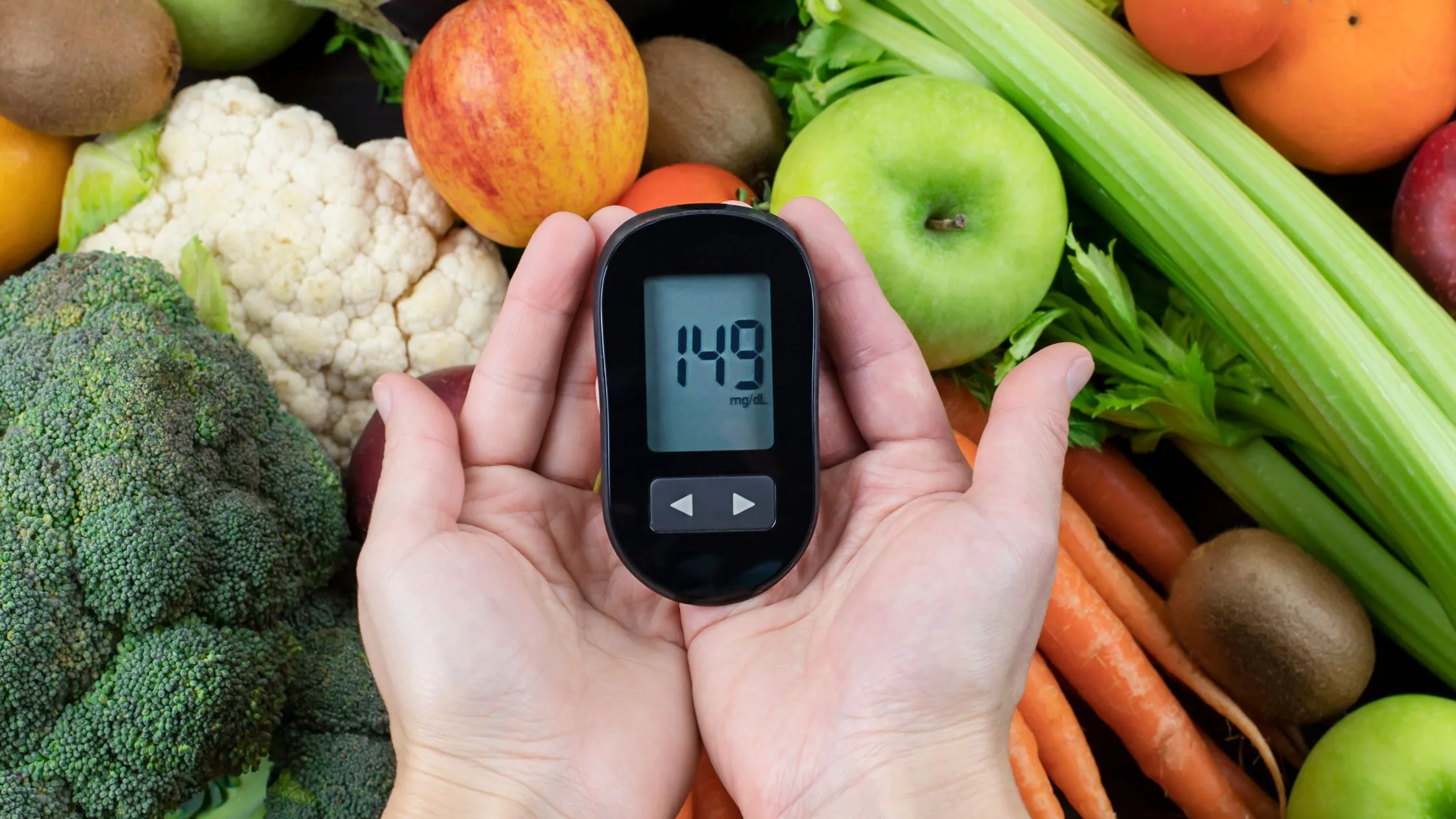A Southeast Asian blooming plant is used to make ginger.
Incorporating ginger in your diet can improve both your physical and mental health.
One of the world’s healthiest (and most tasty) spices is ginger.
It is a member of the Zingiberaceae family and is related to galangal, cardamom, and turmeric.
The subterranean, or rhizome, portion of the stem is what is most frequently used as a spice.
It is frequently referred to as ginger root or just ginger.
Fresh, dried, powdered, oil, juice, and other forms of ginger can all be employed.
It appears in recipes quite frequently.
It is occasionally included in cosmetics and processed meals.
These are 11 advantages of ginger for health.
1. May cure a variety of nausea symptoms, including morning sickness
Ginger seems to be very useful at preventing nausea.
It might aid those undergoing particular types of surgery in reducing nausea and vomiting.
It may potentially reduce nausea brought on by chemotherapy, but larger human studies are required.
It might, however, work best for nausea brought on by pregnancy, such as morning sickness.
A study of 12 trials involving a total of 1,278 pregnant women found that 1.1-1.5 grams of ginger can considerably lessen nausea symptoms.
This review found that it had no impact on vomiting, nevertheless.
Even though it is generally regarded as safe, if you’re pregnant, see your doctor before ingesting significant amounts.
Ginger is advised to be avoided by pregnant women who are on the verge of labor or who have experienced miscarriages.
It should not be consumed if you have a history of clotting and vaginal bleeding issues.
2. May aid in battling illnesses
Infection risk can be reduced with gingerol.
In fact, ginger extract has the ability to stop a wide range of bacteria from growing.
It is particularly efficient against the oral germs linked to gingivitis and periodontitis, according to a 2008 study.
These two gum diseases are inflammatory.
The respiratory syncytial virus (RSV), a major cause of respiratory infections, may also be successfully combated using fresh ginger.
3. May protect against Alzheimer’s disease and enhance brain health
Chronic inflammation and oxidative stress both hasten the aging process.
They are thought to be one of the primary causes of Alzheimer’s disease and age-related cognitive decline.
According to some animal research, ginger’s bioactive components and antioxidants may be able to reduce brain inflammation.
There is some proof that ginger can directly improve brain function.
Daily doses of ginger extract were found to increase working memory and reaction time in a 2012 research of healthy middle-aged women.
Several studies on animals also demonstrate thatit can help guard against age-related decrease in cognitive function.
4. A chemical found in ginger may help fight cancer.
Ginger has been investigated as a complementary treatment for various cancer types.
Gingerer, which is abundant in raw ginger, is thought to have the anti-cancer capabilities.
The [6]-gingerol kind is thought to be very potent.
2 grams of ginger extract per day significantly decreased pro-inflammatory signaling molecules in the colon in a 28-day study of people at normal risk for colorectal cancer.
A subsequent study conducted on those with a high risk of developing colorectal cancer, however, didn’t come up with the same outcomes.
Although there is little proof, it may be helpful in treating other gastrointestinal malignancies such pancreatic and liver cancer.
It might also be beneficial in treating ovarian and breast cancer.
5. May reduce cholesterol levels
An increased risk of heart disease has been related to high levels of LDL (bad) cholesterol.
Your diet might have a significant impact on your LDL levels.
In a 2018 research of 60 hyperlipidemic participants, the 30 who got 5 grams of ginger pasted powder daily reported a reduction in LDL (bad) cholesterol levels of 17.4% over the course of three months.
It’s vital to keep in mind that study participants received extremely large dosages of ginger, despite the fact that the reduction in LDL is excellent.
Several participants in an OA research receiving dosages of 500 mg to 1 gram of ginger left the study due to unpleasant aftertaste.
The doses used in the investigation of hyperlipidemia are five to ten times greater.
Most people probably find it challenging to maintain a 5-gram dose long enough to see results.
In a previous study from 2008, patients who took 3 grams of ginger powder (in the form of capsules) daily likewise experienced significant drops in the majority of cholesterol indicators.
Over a 45-day period, their LDL (bad) cholesterol levels decreased by 10%.
An investigation of rats with hypothyroidism or diabetes lends confirmation to these conclusions.
Along with the cholesterol-lowering medication atorvastatin, ginger extract reduced LDL (bad) cholesterol to a similar degree.
6. May considerably lessen menstruation pain

Pain experienced throughout the menstrual period is known as dysmenorrhea.
Ginger has been used for centuries to treat pain, particularly menstruation discomfort.
Over the first three days of their menstrual cycle, 150 women were told to take either ginger or a nonsteroidal anti-inflammatory drug (NSAID) in a 2009 study.
The three groups each got four doses per day of either ibuprofen (500 mg), mefenamic acid (250 mg), or ginger powder (250 mg) (400 mg).
It was able to lessen discomfort just as well as the two NSAIDs.
More recent trials have also found that ginger is just as effective as medications like mefenamic acid and acetaminophen/caffeine/ibuprofen (Novafen), and it is more effective than a placebo (25, 26, 27Trusted Source).
Although these results are encouraging, more thorough research involving bigger study populations is still required (27Trusted Source).
7. May be used to relieve persistent indigestion
Recurrent pain and discomfort in the upper section of the stomach are symptoms of chronic indigestion.
It is thought that indigestion is largely caused by delayed stomach emptying.
It’s interesting to note that ginger has been demonstrated to hasten stomach emptying (21Trusted Source).
In a small research conducted in 2011, people with functional dyspepsia—indigestion without a known cause—were given ginger capsules or a placebo.
They were all served soup an hour later.
The time it took for the stomach to empty in those who got ginger was 12.3 minutes.
16.1 minutes were needed for individuals who received the placebo (22Trusted Source).
Similar outcomes have also been noted in individuals who do not suffer dyspepsia.
24 healthy participants received either ginger capsules or a placebo in a study conducted by several members of the same research team in 2008.
After an hour, soup was served to everyone.
When it was consumed instead of a placebo, the stomach’s emptying process was noticeably sped up.
Those who received ginger took it in for 13.1 minutes, whereas those who received a placebo took it in for 26.7 minutes.
8. May significantly reduce blood sugar levels and enhance risk factors for heart disease
Although research in this field is still in its infancy, ginger may offer potent anti-diabetic capabilities.
In a 2015 study, 2 grams of ginger powder per day reduced fasting blood sugar by 12% in patients with type 2 diabetes (19Trusted Source).
Moreover, hemoglobin A1c (HbA1c), a measure of long-term blood sugar levels, saw a significant improvement.
In a 12-week period, HbA1c was lowered by 10%.
Apolipoprotein B/Apolipoprotein A-I ratio decreased by 28%, while malondialdehyde (MDA), an oxidative stress consequence, decreased by 23%.
High MDA levels and a high ApoB/ApoA-I ratio are both significant risk factors for heart disease (19Trusted Source).
But remember that this was just one little study.
Although the results are quite promising, they must first be verified in more extensive research before any suggestions can be made.
A 2019 literature analysis also found that ginger dramatically lowered HbA1c in persons with type 2 diabetes, which is somewhat hopeful news.
It also discovered that it had no impact on blood sugar levels measured before meals.
9. Has anti-arthritic properties
Osteoarthritis (OA) is a widespread medical condition.
It involves the deterioration of the joints in the body, resulting in symptoms including stiffness and discomfort in the joints.
According to one analysis of the research, patients who used ginger to treat their OA reported significantly less pain and disability.
There were only a few minor negative effects, such a dislike of its flavor.
Nonetheless, stomach discomfort and the taste of it still led to the withdrawal of roughly 22% of the study subjects.
Between 500 mg and 1 gram of ginger were given to study participants every day for three to twelve weeks.
The majority of them had been given a knee OA diagnosis.
Another study from 2011 discovered that ginger, mastic, cinnamon, and sesame oil used topically can assist persons with OA of the knee have less pain and stiffness.
10. Ginger aid in weight loss
Studies on humans and animals suggest that it may aid with weight loss.
According to a review of the research published in 2019, using ginger supplements dramatically decreased body weight, the waist-hip ratio, and the hip ratio in overweight or obese persons.
In a 2016 study of 80 obese women, it was discovered that it may also help lower blood insulin levels and body mass index (BMI).
Obesity and high blood insulin levels are linked.
For 12 weeks, participants in the study consumed 2 grams of ginger powder everyday in rather high amounts.
A 2019 assessment of the research on functional foods came to the same conclusion that it was highly effective in reducing obesity and weight gain.
Nonetheless, more research is required.
Animal studies provide stronger support for ginger’s ability to help prevent obesity.
Even when they were also given high-fat meals, rats and mice who took ginger water or it extract continuously exhibited drops in body weight (14Trusted Source, 15, 16).
It may have a positive impact on weight loss through a variety of ways, including its capacity to boost calorie burn or decrease inflammation (13, 16).
11. Ginger has potent therapeutic qualities thanks to the presence of gingerol.
It has a very long history of use in both conventional and complementary therapies.
A few of its uses include helping with digestion, easing motion sickness, and fighting the flu and common cold.
The natural oils in ginger, of which gingerol is the most significant, are what give it its distinct aroma and flavor.
The primary bioactive ingredient in it is gingerol.
It is largely to blame for ginger’s therapeutic qualities.
Research has shown that gingerol has potent anti-inflammatory and antioxidant properties.
For instance, it might assist in lowering oxidative stress, which is brought on by the body having too many free radicals (1Trusted Source, 2Trusted Source).
Ginger as part of a healthy diet
You can include it in your diet by changing the foods and beverages that you consume.
Here are some dishes for chicken and drinks you might try:

- lemon-ginger chicken
- spicy orange-ginger chicken
- garlic-ginger chicken with cilantro and mint
- fresh ginger tea
- ginger root tea
- malian ginger juice
The conclusion
Ginger is a powerhouse of nutrients and bioactive substances that are great for your body and brain.
One of the very few superfoods that is genuinely deserving of the moniker.


